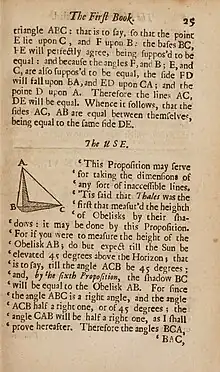inverted comma
English
Etymology
From the appearance of an inverted comma.
In lead type, an opening quote is not a separate casting. It is the result of rotating a comma 180°, inverting the comma. It is used singly or as double quotes. Similarly, the closing quotation mark is the apostrophe. Also used singly or as double quotes.
Noun
inverted comma (plural inverted commas) (normally plural)
- (Commonwealth) A type of paired quotation mark: ‘ or “ (beginning the quoted material) and ’ or ” (ending it).
- 1906 July 11, Truth: A Weekly Journal, volume LX, number 1541, London: “Truth” Buildings, […], published 1907, page 88, column 1:
- Some of the papers, with questionable taste, present Mrs. [Alice Roosevelt] Longworth to their readers as the American “Princess.” There is nothing in her ways, bearing, or appearance to warrant the epithet which I give, as printed, in inverted commas.
- 1988, Andrew Radford, chapter 6, in Transformational grammar: a first course, Cambridge, UK: Cambridge University Press, page 299:
- The following paradigm will serve to illustrate what we mean by this term:
(37) (a) ‘Will I get a degree?ʼ John wondered
(37) (b) John wondered whether he would get a degree
(37) (c) John wondered would he get a degree
The italicised sequence in (37) (a) is said to be an instance of direct speech: John's exact words are recorded verbatim, and are bounded in the spelling by a question mark and inverted commas; points to note here include the use of the present tense Auxiliary will, the inversion of the Auxiliary, and the use of the first person pronoun I to represent the speaker.
Usage notes

In the lower half the author marks his commentary with inverted commas. Book printed in 1685.
- In British English, the usual style is to use single inverted commas, but double inverted commas for a nested quotation. In North American English, the reverse is usual. Practice and the marks used vary by language, region, writing system and media.
- When the term inverted commas was first used (in the 1600s) the printing convention was to precede each line of quoted or distinguished text with a single or double inverted comma. This convention lasted through the 1700s.
Synonyms
Hypernyms
See also
Further reading
 Quotation marks on Wikipedia.Wikipedia
Quotation marks on Wikipedia.Wikipedia
This article is issued from Wiktionary. The text is licensed under Creative Commons - Attribution - Sharealike. Additional terms may apply for the media files.